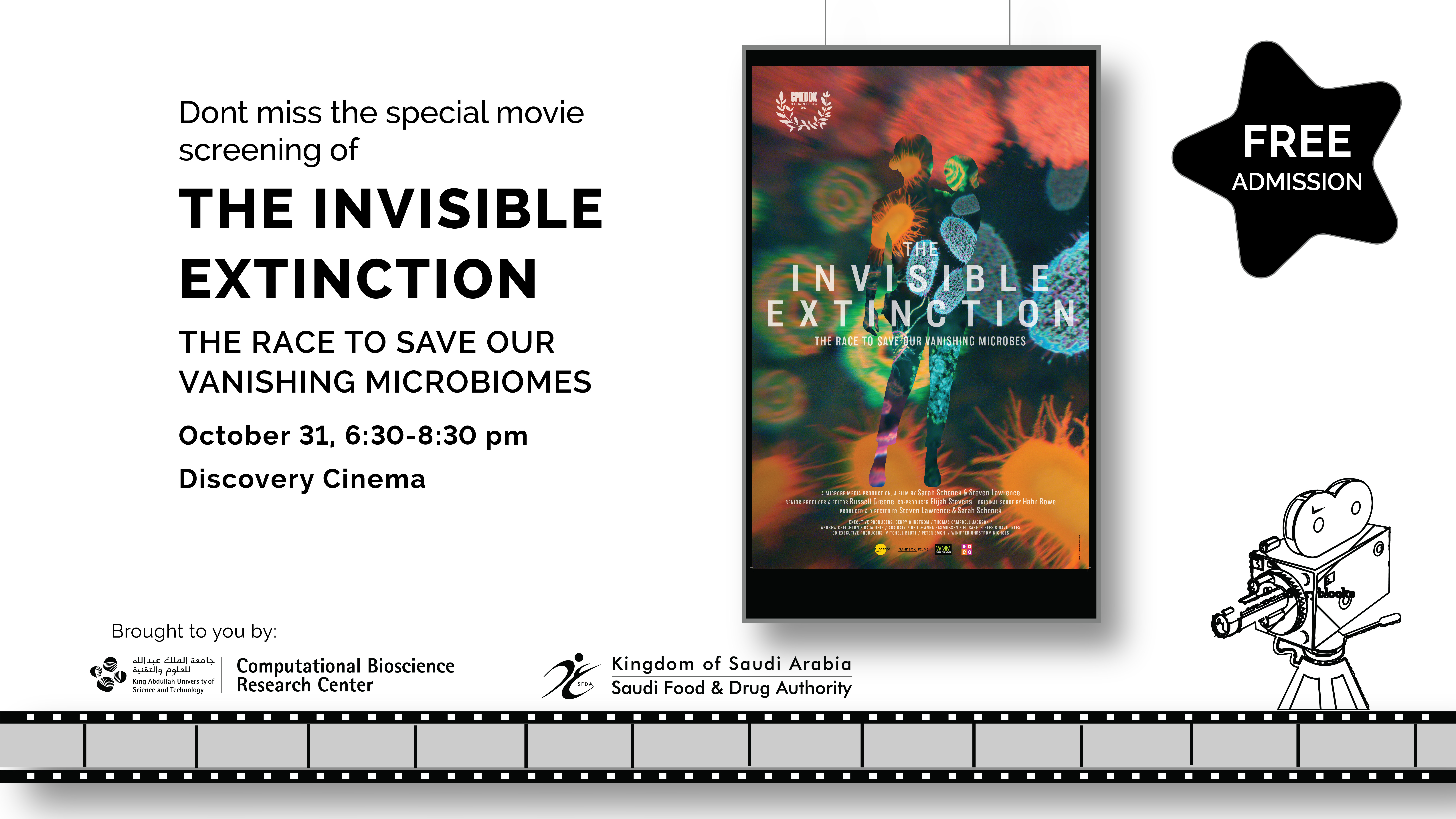KAUST-SFDA First Joint International Conference
Trends in Microbiome and Digital One Health
October 30 - November 1, 2023



Maria Gloria Dominguez-Bello
Maria GloriaDominguez-Bello is the Henry Rutgers Professor of Microbiome and Health at the Departments of Biochemistry and Microbiology, and of Anthropology at Rutgers University. She serves as the Director of the New Jersey Institute for Food Nutrition and Health (IFNH). Her research focuses on the microbiome and impacts exerted by urban practices, including practices that impair early life microbiota transmission and colonization -such as C-sections-. A Venezuelan-born, she has been working for 3 decades in the Amazon, where she studies changes on microbiomes across urbanization gradients. Dr.Dominguez-Bello has published extensively on symbiosis, impacts of modern practices on microbiomes, and strategies for restoration. She is a Fellow of the Infectious Disease Society of America (IDSA), and of the American Academy of Microbiology, and is member of the Editorial Board and reviewer at several scientific journals.